The automatic sliding doors open with a whoosh. Books are neatly stacked on the hold shelves, waiting for readers to come and retrieve them. The stairs take you up to rows upon rows of books of all different sizes, some skinny, some wide, some heavy tomes. Bright lights illuminate the spines, and the air conditioning provides the only discernible sound in the quiet space. People work, read and rest at tables warmed by sunlight, and armchairs provide the perfect place for readers to curl up with a book and dive into a story.
Why It’s Newsworthy: Today’s libraries are more than just books on shelves. Whether you want to start your own business, apply for a passport, learn more about your family history, play chess or improve your literacy skills, the library has something for you. The Athens Regional Library System provides valuable programming and resources to the residents of Athens-Clarke, Franklin, Madison, Oconee and Oglethorpe counties.Libraries in 2021
Most people associate libraries with checking out books and using their library card, but the resources don’t stop there. Patrons of the Athens-Clarke County Library have access to the Digital Media Center, passport services and programming like literacy programs for adults and children.
The Athens-Clarke branch on Baxter Street in Athens, Georgia is the main branch for the 11 libraries spread across the five counties. Here, patrons can find extensive resources like computers equipped with Adobe and GarageBand software, a 3D printer and can even digitally convert their old VHS tapes. You can drop in to use these resources during regular hours or even schedule time to receive personalized help with this technology.
“As society changes and the norms of society changes, so does the public library,” said Valerie Bell, executive director of the Athens Regional Library System.
What does this mean for you as a library patron? All of these resources are available to use either at no cost or a low cost. For example, the entire Adobe Creative Cloud comes with a hefty price tag of $29.99 a month for individuals. However, everyone from students to small business owners can save money by accessing the software at the library for free.
The library system and its services allow patrons to continue to learn, grow and discover.
“People come here with questions, you know, and we help them find the answers,” said Rhiannon Eades, public information officer for the Athens Regional Library System.
In 2017, the Athens Regional Library System was named the Georgia Public Library of the year. This award is presented by the Georgia Public Library Service each year and is usually only presented to a single branch. This was the first time it was presented to an entire regional system.
This bar chart shows the range of patron visits and patrons registered at each branch in the Athens Regional Library System (Graphic/Caroline Kurzawa).
Libraries as Community Centers
On most days, you can walk into the library and find active programming, anything from a genealogy class to a teen craft club. The pandemic has paused some in-person programming and decreased attendance. However, staff is bridging the gap by streaming some services online and offering some outside like the Outdoor Musical Storytime for children.
“But really libraries, they really are community centers,” Eades said.
This sentiment underlies the sheer amount of programming and resources available across the different branches. While the main branch in Athens offers substantial programming, speciality resources can be found at the Pinewoods Library off of Highway 29.
This bilingual library, located in the Pinewood Estates North mobile home park, caters to Spanish speakers and offers services like translations, government-program application assistance and English literacy services to its patrons. In 2010, the library partnered with the Athens Land Trust and Professor Paul Duncan within the University of Georgia’s Latin American and Caribbean Studies Institute to build and maintain a traditional community garden.
At the end of the day, the library branches serve as spaces for community members to engage and learn. In fact, Eades’ favorite thing about the library is its ability to include everyone by providing such an open and welcoming space.
“We’re here for everybody in the community,” Eades said.
Exploring the Programming
Children dance, sing and listen to stories during Outdoor Musical Storytime. Adults improve upon their literacy skills in Everyday Readers. Chess players, young and old, engage in open chess play. This is just a sampling of the programming that can be found at Athens-Clarke County Library.
The move to an outdoor setting for children’s storytime was a product of the pandemic that still continues today. While it was something the children’s department did once a month, the program has become more regular as other storytime sessions have moved online.
The outdoor space in Memorial Park allows the children to move around freely, dancing and singing to their hearts’ content while they listen to Evan Bush, the children’s librarian for Athens-Clarke County Library and regional children’s services coordinator, sing songs, speak rhymes and read stories.
“It’s not just for the children. It’s actually for everyone in the family,” Bush said.
This brief video provides a snapshot of Outdoor Musical Storytime in Memorial Park. It is led by Evan Bush on Wednesday mornings, as the weather permits. The last Outdoor Musical Storytime of the season was held Nov. 24. (Video shot by Jeremy Person and created by Anna Jefferson).
This brief video provides a snapshot of Outdoor Musical Storytime in Memorial Park. It is led by Evan Bush on Wednesday mornings, as the weather permits. The last Outdoor Musical Storytime of the season was held Nov. 24. (Video shot by Jeremy Person and created by Anna Jefferson).
Bush explained that this early literacy activity allows children to understand the “nuances of language” and also helps parents and other caregivers understand how to read aloud to their child to successfully develop their language skills.
An adult literacy program, Everyday Readers, is hosted at Athens-Clarke County Library and assists adults in improving their reading, writing, listening and vocabulary skills. Students in the program may have had experience with reading in the past, and some may not. Volunteers who run the program encourage participation and learning through both traditional learning activities and more creative outlets.
The class has studied folktales, adventures and love stories, practiced vocabulary cards and most recently worked on quilts where they illustrated important moments in their lives before creating autobiographies.
Jackie Saindon, a retired teacher, is one of the three volunteers that runs the Everyday Readers program. She explained that this program not only develops literacy skills but also encourages more community participation.
“They’re reading. They’re getting involved,” Saindon said.
Students are able to read the local news and hold topical conversations, engaging more deeply with the community.
Chess and Community, a nonprofit and youth development organization, also uses space at the library for open chess play on Monday afternoons. The open chess play is an invitation for chess players of all ages and abilities to come together and learn more about the game.
The long open room is filled with tables with chess boards, and giant chess pieces are splayed across the floor for more interactive play.
Lemuel “Life” LaRoche, the executive director of Chess and Community, explained how important it is to have a “neutral location” like the library for the organization to meet, somewhere where everyone feels safe and welcome. Holding the meetings in the library also serves as children’s introduction to all the library has to offer.
While the Everyday Readers and Chess and Community programs are not sponsored by the library system, they underscore the importance of the library space and the benefit it provides to the community.
Making Social Connections
Some library programs meet the needs of patrons in ways others cannot. For example, the Trauma Informed Library Transformation is a decentralized initiative funded through the Institute of Museum and Library Services, an independent federal agency that provides grants to libraries across the nation.
TILT focuses on training library employees in trauma-informed care, meaning they have some of the same awareness as a social worker and can do some of the same things. According to Rebecca Cordero, the only TILT employee at Athens-Clarke County Library, this includes assisting patrons with applications for low-income housing, compiling databases of local food pantries and free medical clinics and helping vision-impaired patrons navigate Athens-Clarke County Transit.
"Before the pandemic there were five to seven social work interns with [the University of Georgia], with the School of Social Work. And they were here in the library… at least five days a week," Cordero said. "So basically, I was just helping them with the database and gathering the local community information. And now, it's just me."
When TILT was in full-swing, Cordero and the interns were able to hold tabling events at the library to inform patrons of the available services. Due to the pandemic, there are fewer resources to inform people about TILT, and with the decreased staffing, Cordero alone does the job of several people in order to help many more.
Cordero's work as a TILT employee also helps library patrons who live with homelessness and mental illness, and because the care primarily centers on helping people, it has a broad appeal.
"We had so many patrons stop and inquire about TILT… just being out there in the entryway was very informative to a lot of patrons. Even patrons that had no need for any of the information that we were displaying, just community members who were like, 'this is fantastic!'" Cordero said.
How Libraries Are Funded
Programs available at the Athens-Clarke County Library and the other branches in the system rely on funding to provide consistent resources. Funding is split between federal, state and local funds and grants. The largest federal resource for funding is the Grants to States program. According to their website, more than $150 million is distributed between State Library Administrative Agencies, which are official institutions specifically designed to extend and develop national library services.
On the local level, libraries are labelled as independent agencies, and their budget requests are reviewed when the local budget for the fiscal year is being constructed. While funding for libraries has increased over the years, the current rate of increase cannot support the continuation of growth and programming that they seek to provide to communities.
“Funding is an issue with libraries across the country,” Bell said.
For the Athens Regional Library System, most of the funding goes to staff salaries, and Bell would like to be able to have enough in the budget to be able to hire specialized librarians like outreach and business librarians who can serve in niche areas.
"They're considered an independent agency, and they come to us every year with a budget for supplemental funds, and we're always very, very open to their requests. You know, in recent years, they've requested salary increases for their workers—library workers are notoriously underpaid—and so, we're trying to assure that all library workers are at least in line with Athens-Clarke County living wage provisions," said District 3 Commissioner, Melissa Link.
A look at the numbers shows that the funding for the entire Georgia Public Library System for the 2020 fiscal year was $225,807,139. During the same fiscal year, the independent agency share of the Athens-Clarke County budget was 4% or $5,574,443, an increase of only 1.4%.
While the local government is supporting the system’s growth, albeit at a slow pace, it is the state budget that raises concern about the future of Georgia’s libraries. The state budget for the 2021 fiscal year proposed $3.1 million in cuts to public libraries. Reducing an already limited budget hurts not only the different library systems but also the residents across the state who depend on their resources and programming.
Turning the Page
As the Athens Regional Library System continues to provide resources to residents of the counties they serve, the system is also continuing to grow in size.
Because even though state funding is being cut by millions, local funding has been allocated for a new library on the eastside of Athens-Clarke County. This new branch will provide meeting space and access to technology for Athens residents who cannot easily access the other branches.
A library’s function in 2021 goes well beyond simply checking out a book. The Athens Regional Library System provides a snapshot of all that libraries provide to their communities, from high quality technology to literacy classes.
When it feels like things are coming apart, libraries find ways to bring members of the community together in a space that welcomes all.
Anna Jefferson, Caroline Kurzawa, Jeter Long and Jeremy Person are senior journalism students at the Grady College of Journalism and Mass Communication at the University of Georgia.


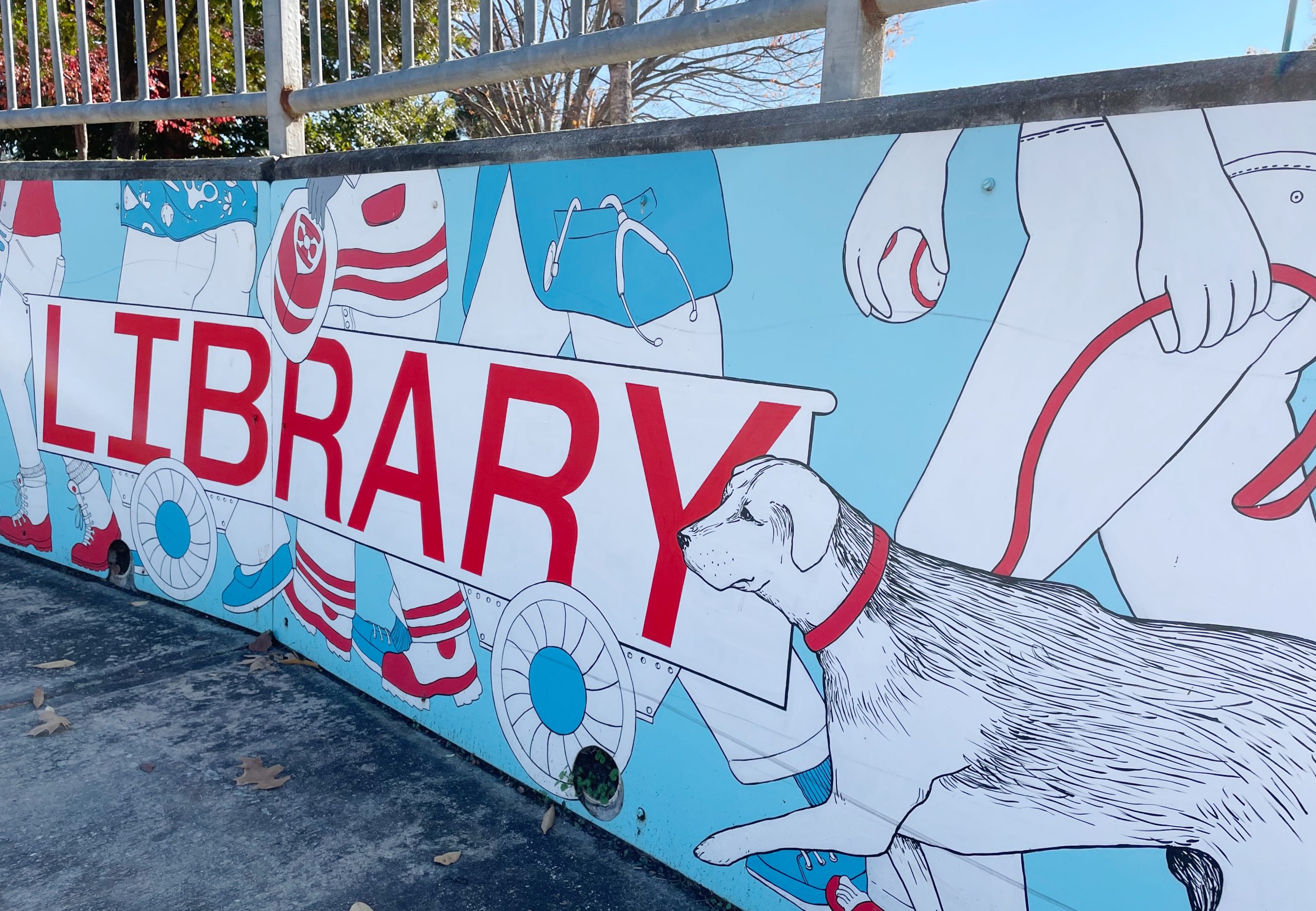

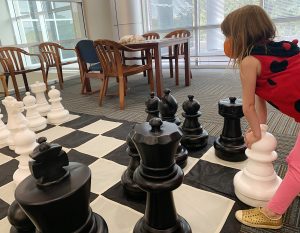
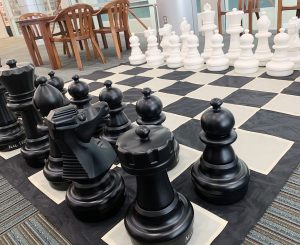

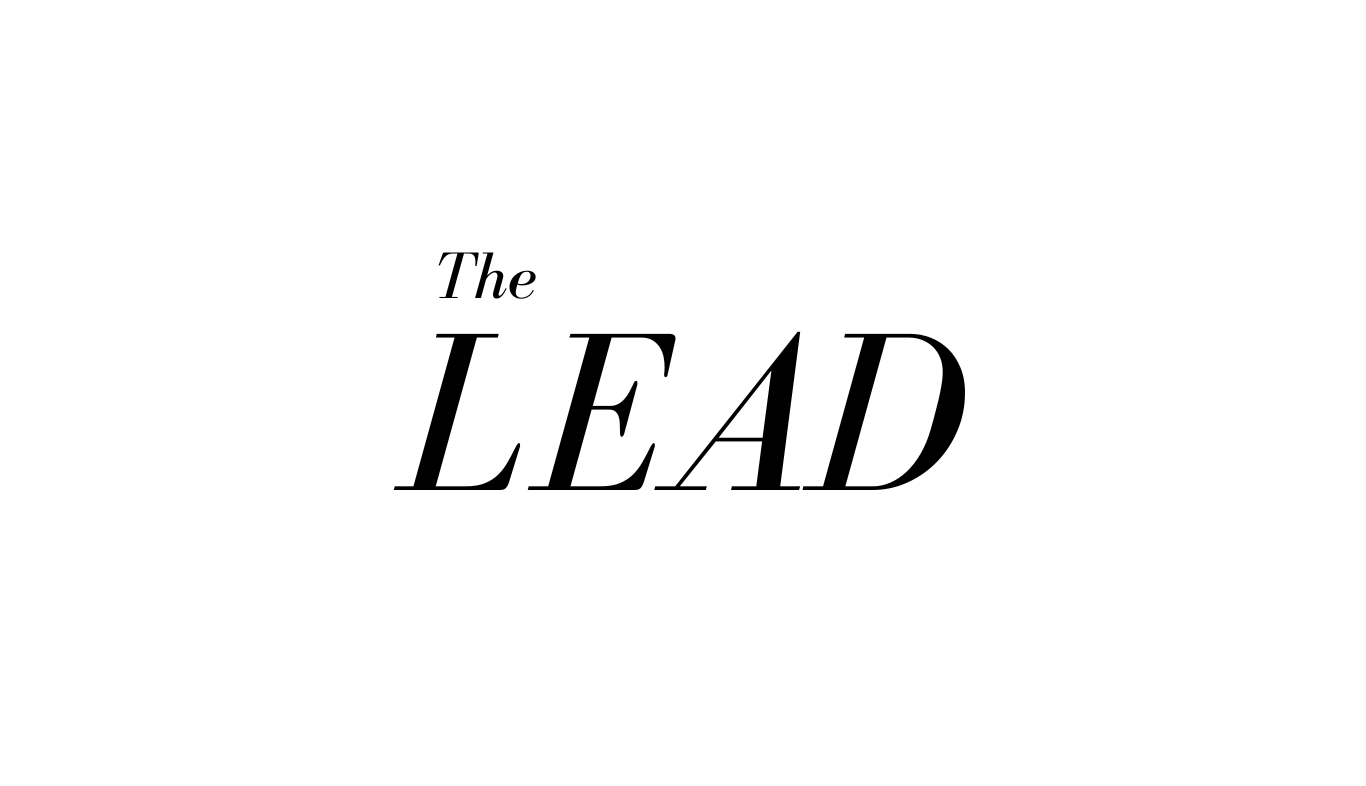
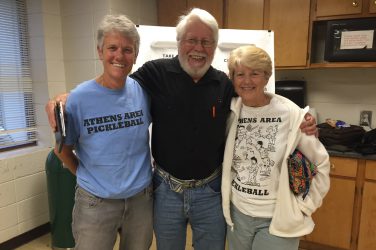
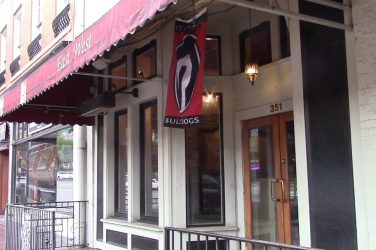


Show Comments (0)